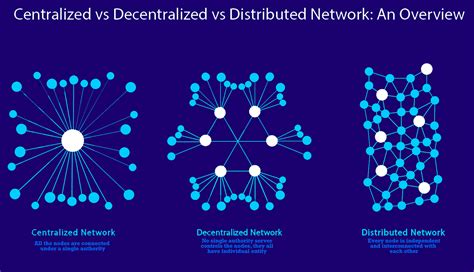In an era dominated by oligopolistic big tech firms, Tribler emerges as a bold alternative, leveraging the concepts of decentralization and direct audience funding to create a new economic paradigm for media content. Founding on principles reminiscent of open-source giants like Linux, Tribler aims not just to compete with but to outpace the prevalent business models that thrive on user data monetization and pervasive advertising. By forging direct relationships between content creators and their audiences through decentralized technology, Tribler introduces a model that defies the conventional profit-driven frameworks, potentially minimizing the disparities often seen in current capitalist structures.
While traditional digital platforms accumulate profit by capitalizing on user engagement and data, Tribler channels all potential earnings directly to the content creators in the form of Bitcoin donations. This model isn’t merely a transient alternative but a robust challenge to established monetization strategies, particularly those employed by music and film industries. The promise of Tribler lies in its attempt to democratize the economics of content, eliminating middlemen and distributing control away from centralized authorities directly into the hands of creators and consumers. Therefore, this model not only ensures that creators are compensated more generously but also diminishes the monopolistic power dynamics typical of the industry today.
However, the Tribler model isn’t just about economic restructuring. It’s a tech-based ecosystem powered by self-organizing collectives on a scale that aims to seamlessly integrate millions of users. By leveraging technologies such as Bitcoin and advanced cryptographic solutions like FROST, Tribler adds a layer of security and operational efficiency that sustains its decentralized nature. Central to its functionality is a self-scaling, self-organizing distributed autonomous organization (DAO), which is fundamentally designed to operate without the kind of top-down control seen in conventional corporate entities.
Critiques of the advertising model highlighted by platforms like Tribler are increasingly relevant today, especially with advancements in artificial intelligence threatening to overhaul how content is discovered and consumed. Imagine a world where your digital assistant filters out unnecessary ads and directly fetches what you’re looking for, using advanced decentralized networks like Tribler. This technological shift could dramatically reduce the viability of advertisement revenue models that currently dominate the web, clearing the way for more user-oriented, privacy-respecting digital interaction spaces.
The implementation of Tribler isn’t without its challenges, particularly in the sphere of legal accountability and user protection. The balance between anonymity and responsibility becomes a critical point of discussion. Running a node on Tribler’s network might expose users to legal risks, akin to those faced by TOR and other anonymity networks, thus requiring a robust legal framework that protects individual privacy while preventing misuse. Moreover, the deep technical integration needed to maintain such a platform involves a steep learning curve, which may hinder its widespread adoption. Despite these challenges, the potential of a reimagined digital content economy that Tribler presents—where power and profit are equitably distributed—is both exhilarating and profound.


Leave a Reply